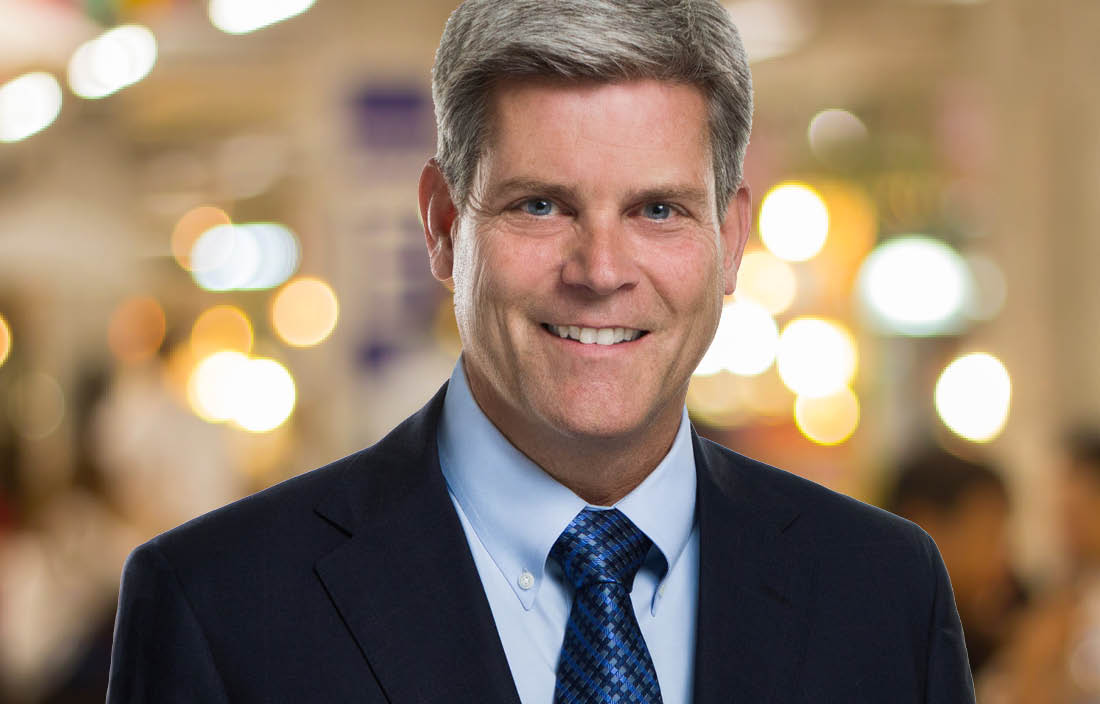Although tax season ended April 15, the firm is in the midst of another “busy season”: performance management. Over the next month, staff will be evaluating themselves on how successful they’ve been in the past 12 months and setting their goals for the upcoming performance year. They’ll then discuss those performances and goals with their supervisors and develop a plan of action to meet them. It’s an extremely important process and one to which we devote significant time, not just for these formal reviews but also informally throughout the year.
It was perfect timing, then, that I heard about Patrick Lencioni’s “The Advantage: Why Organizational Health Trumps Everything Else in Business.” In it, Lencioni argues that the main difference between successful companies and average ones is not what they know but how healthy they are—that great things happen when management, operations, and culture align.
In an interview about his new book, Lencioni says that the process of improving an organization has to start with its leader. “A leader has to understand and embrace the concept of being vulnerable, which inspires trust on the leadership team. That trust is the foundation of teamwork, which is one of the cornerstones of organizational health. If a leader cannot be vulnerable, cannot admit his or her mistakes, shortcomings or weaknesses, others will not be vulnerable, and organizational health becomes impossible.”
I’ve been thinking a lot about this concept of vulnerability. It’s worth noting that I, too, undergo this rigorous performance management process. I self-evaluate, I set goals, and I meet with my advisory team to discuss my progress as a leader and receive candid feedback on how I can improve. We have a saying at Plante Moran—that “candor is kindness.” I remember getting my first real taste of that candor early on in my career. I was getting married, and my mind was a million miles away. I wasn’t doing my best work, and deep down, I knew that.
Plante Moran Partner Dan Doescher pulled me aside and said, “Listen. I know what you’re capable of, and this isn’t it. There are going to be marriages and births and deaths and other big moments in your life, and they’re going to affect you. But you can’t let them affect you the way this has. You have to be aware of the impact your personal life has on your work life and vice versa.”
If Dan hadn’t have taken the time to be candid with me, I would have missed out on a valuable lesson. Moreover, if he would have glossed over it, I might have grown to distrust him, and it’s that kind of distrust that can be toxic to organizations. On the other hand, I learned that it was okay to own up to mistakes—okay to be vulnerable—and I know I’ve become a better leader for it.
What about you? Is candor an integral part of feedback at your organization?




